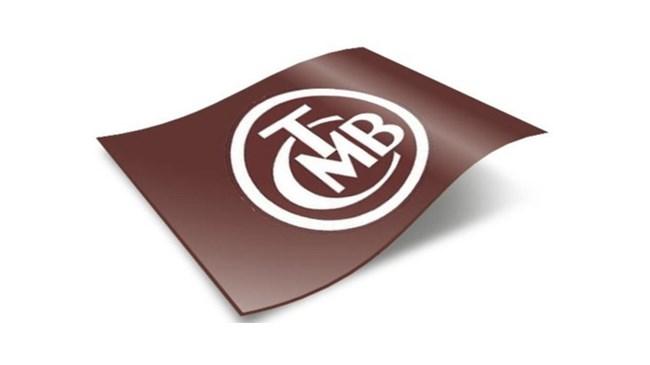French lawmakers are coming to the defense of booksellers who continue to lose business to major retailers like Amazon with a law that would set a fixed minimum delivery rate for books.
The bill, which was presented before the National Assembly today (Sept. 29), is the latest move to even the playing field for independent booksellers, who face competition not only from Amazon, but also French online retailers such as Fnac and Cultura.
“Small booksellers face costs that are far away from those of major retailers,” Géraldine Bannier, the law’s sponsor, said before the National Assembly. In the age of Amazon, she argued, booksellers have to make a choice between eating the cost of delivery themselves or charging their customers, in which case they may risk losing a sale.
Booksellers face new challenges during Covid
French bookshops have for years been protected by a 1981 law that mandated books be sold at a fixed price, and not be discounted at more than 5%. The National Assembly passed another law in 2014 forbidding online booksellers from giving a 5% discount or free delivery to customers, though Amazon fought back by setting delivery fees at just 1 cent.
Such protections allowed the industry to flourish; books are available for purchase at some 20,000 different sellers across France today, and there are 3,500 independent bookstores, according to the Ministry of Culture. But booksellers have nevertheless seen their retail sales dwarfed by the tech giant and other major online retailers since at least 2008 according to the Syndicat de la librairie française (SLF), which represents independent French booksellers.
Ryan Raffaelli, a professor at Harvard Business School who has studied how bookstores remain resilient despite Amazon competition, says that independent sellers tend to do well by “bringing people into physical spaces and creating spaces for conversation.” This has proven challenging for stores during the coronavirus pandemic, and some French sellers have suffered for it. The iconic Paris bookstore Gibert Jeune closed its doors in May.
French law more about culture than commerce
No matter whether France’s law passes, Amazon will continue to take risks that independent booksellers cannot, Raffaelli says. The retailer is willing to be a “loss leader”—that is, sell products at a loss—because it can bring in revenue across other categories.
This approach paid off for the company between 2008 and 2018, when independent booksellers’ retail sales declined by an annual average of 3%, whereas e-commerce sites including Amazon and Apple boosted book sales by 5.6% and captured 16.5% of the French market, according to the SLF.
Still, Raffaelli says the latest French tactic is different from similar anti-competition lawsuits brought by US booksellers against Amazon because the legislation is underpinned by the belief that bookstores are not just a form of commerce, but a cultural product. Culture minister Roselyne Bachelot echoed the same belief after the law was passed by the French Senate in June, saying “a book is not a good like others.”
“When you think about a bookstore as a cultural product, that creates a different rationale for why you would protect an industry,” Raffaelli says. “If you truly believe that bookstores are a form of art and culture, then you can potentially approach how you regulate it differently than if it’s just about transaction and free trade.”
Note: This article have been indexed to our site. We do not claim legitimacy, ownership or copyright of any of the content above. To see the article at original source Click Here












